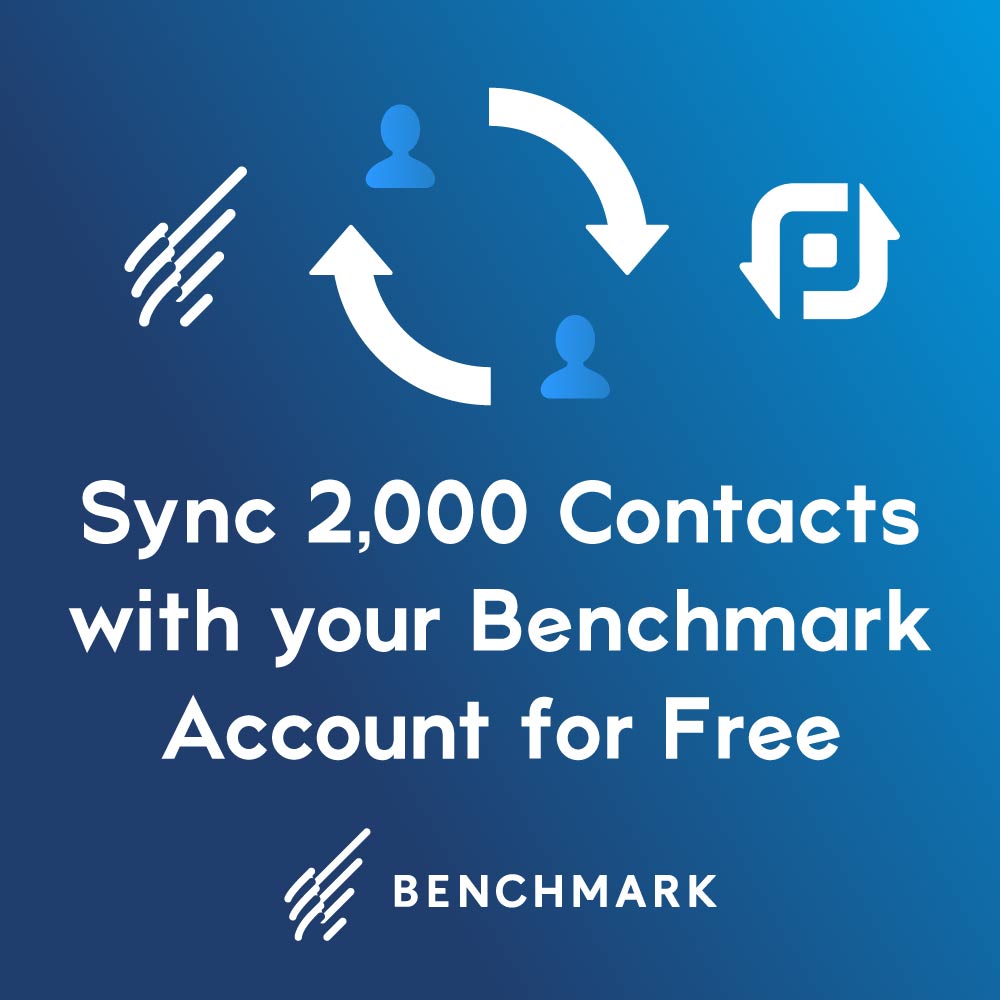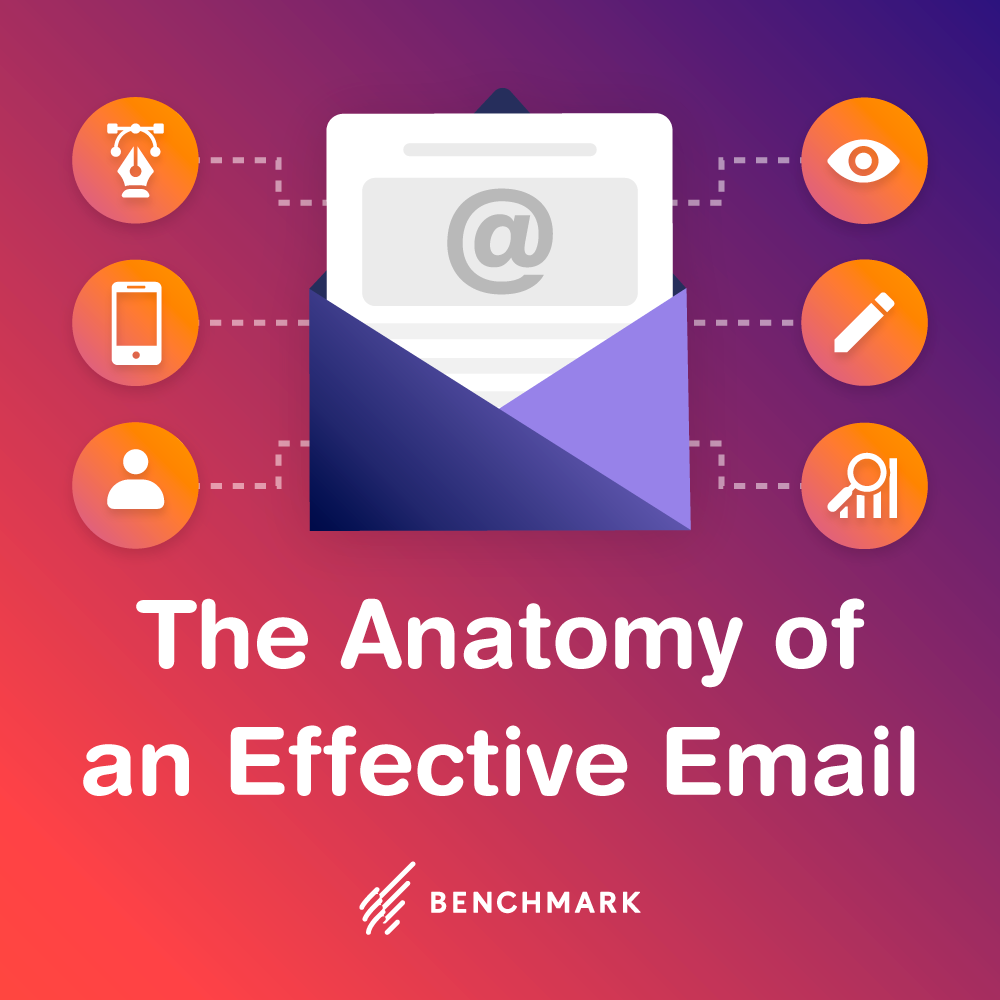What people think about you matters – and there’s no exception here for small business owners looking to create a positive image about their own executive profile or business profile. When someone is looking to do business with you, the first thing they’ll do is Google you. They’ll then likely browse through the first two search results to see what’s being said about you. There are platforms where you can control user feedback, such as with LinkedIn; however, there are other forums where you have really no say, such as Yelp or Google’s Hotpot.
User-review sites such as Yelp aren’t regulated by the businesses reviewed, and so just about anyone can say whatever they really think about your business – and it’s there for public viewing. Here’s what’s worse, it’s a fact that a customer will go out of their way to complain about you after a bad experience.
Add to this that customers can also be bad mouthing you or your business via Facebook, Twitter, e-commerce reviews on Amazon, Etsy or any website that allows for review, even forums. Some really ticked off customers, or those with a bone to pick for the smallest of reasons, could even set up an entire website dedicated to tearing you or your business apart. This latter type of aggravated individual, with apparently a lot of time on their hands, is out there. I knew of a company that had a customer who was unhappy with a product he received despite a refund; he set up a webpage ripping said company apart and refused to remove the site until their customer service manager flew out about 1500 miles and delivered a personal apology.
Clearly, while the internet is a great marketing tool it also harbors unyielding potential to destroy your reputation. Fortunately, there are precautions you can take.
Set up a Google alert for yourself and your company so you’re alerted whenever someone mentions you.
Deliver a legal warning if an individual is publishing internet content on a website, forum or even as a Facebook message that borders or clearly infringes on libel or slander.
If a website misrepresents you, contact them and request they remove the material. Once they’ve removed it, you can then approach Google and ask them to remove the site completely off their index.
Address complaints on social media sites; try to offer recourse in the form of a return or exchange to appease a disgruntled customer.
Listen up! If you keep getting the same type of complaints, try learning from them and correcting the situation.
You can also check out software that helps you protect your online reputation. Check out BrandsEye. The brand reputation software helps you track and manage online conversations about you, as well as provide users with real-time reports on both your company and your competition. Use BrandsEye to run in-depth market research, identify risks and leverage opportunities. They feature free trial, after which plans run from $150 to $2,000/month.If you’re facing budgeting restrictions, check out MyReputation.com. For about $15 a month MyReputation will survey everything that’s said about you in an online arena, report back and work to rid unwanted content.
There are half a dozen other top-rated online reputation management programs, including Buzzmonitor, Reputation Defender, Trackur, Umbria, Brand Intelligence, Biz360 and Distilled Reputation Monitor.
If this is too much work for you, you can always hire a company to manage this task. Most companies can address either a specific problem, be held on retainer to address issues as they arise or be hired as full time contractors.
Just remember that it’s a lot easier to manage your reputation and excel in product and/or service rather than try and undo the damage once it’s out there. Here’s another reason why it’s critical to create a great client community: because people are always less likely to be discriminatory if that act transgresses a form of personal relationship that has been set up. At the very least, here’s where you can give your small business some kind of public “face” that people feel they can come to. It will always be better when they come to you or your designated public face instead of venting online.




